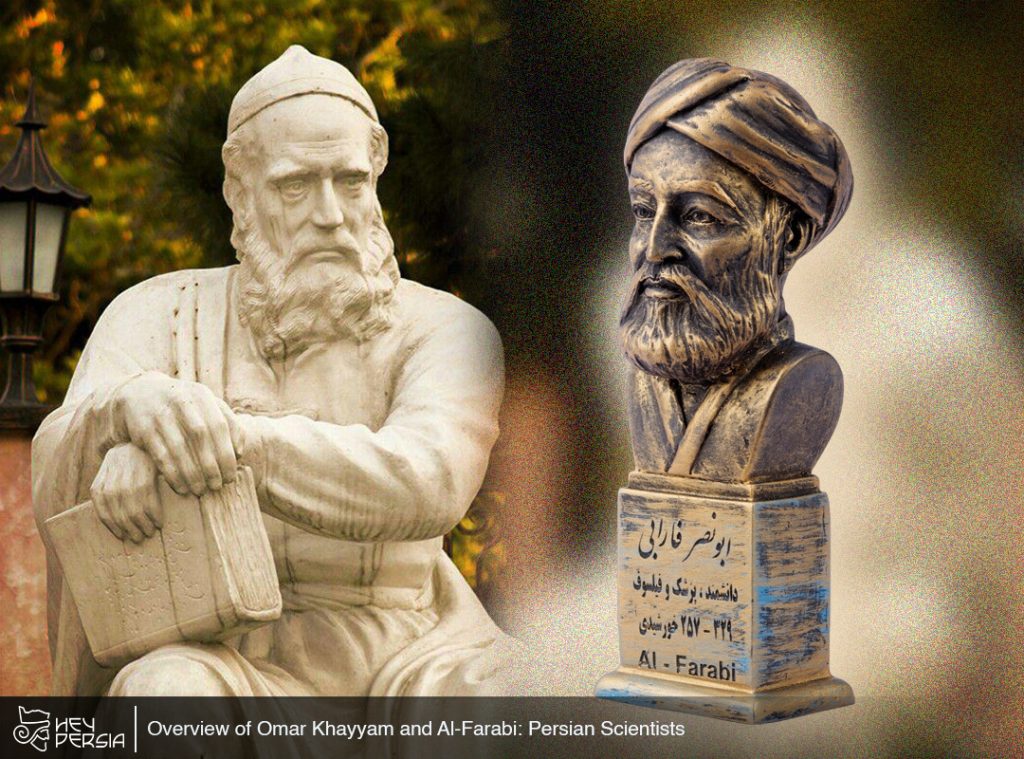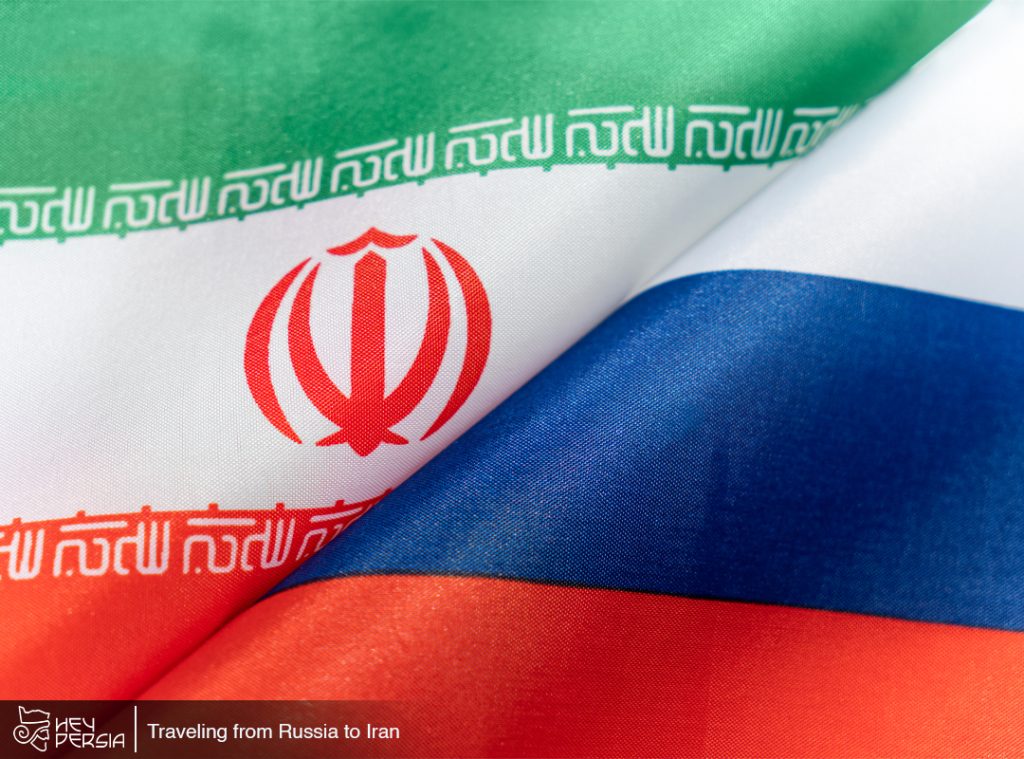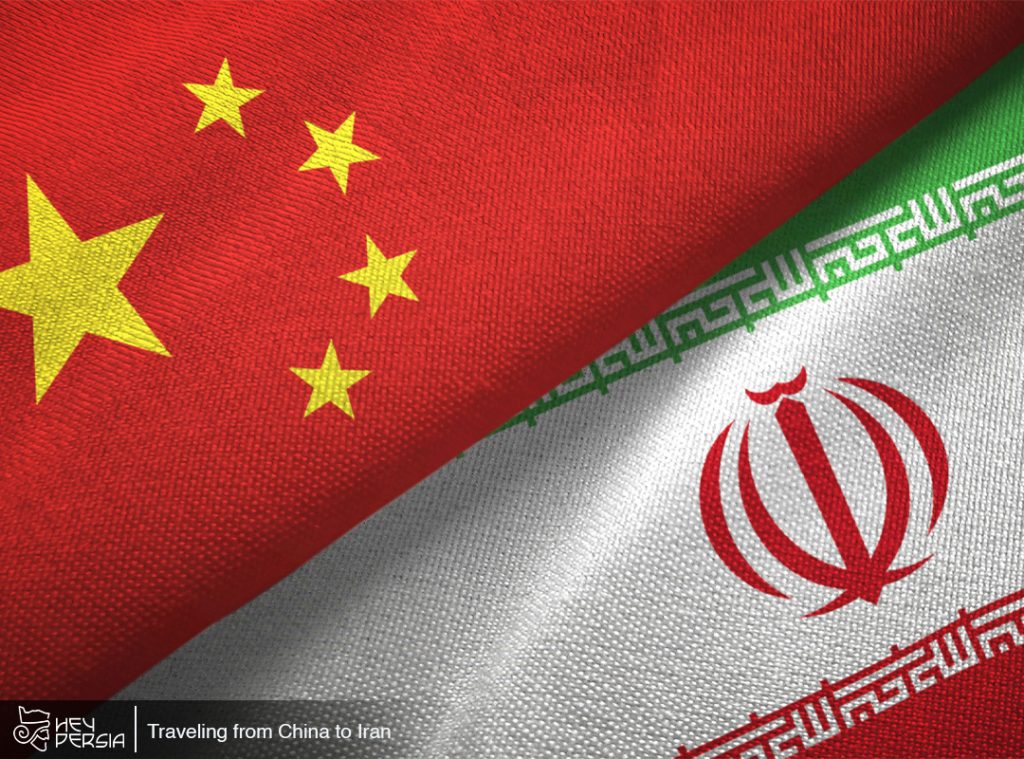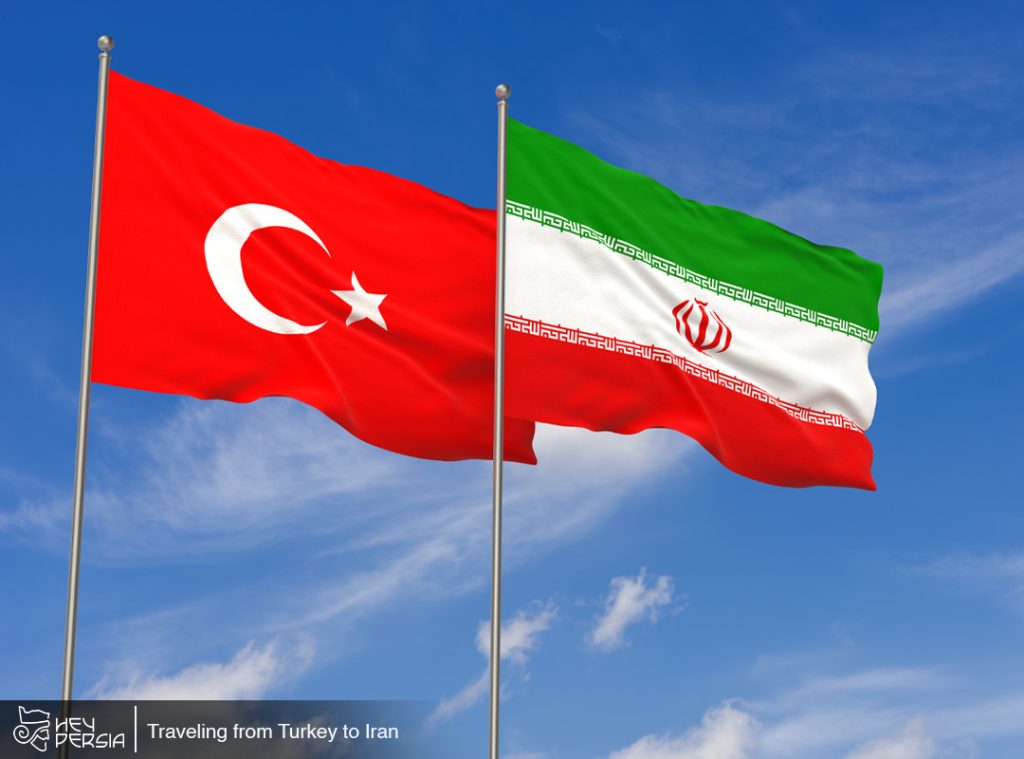Omar Khayyam and Al-Farabi are two prominent Persian scientists who made significant contributions to various fields and in Iran. They are including mathematics, astronomy, philosophy, and music theory during the Islamic Golden Age. Despite living in different periods, their works left a lasting impact on the scientific and intellectual landscape of their time and beyond. Learn more about Persian Scientists at Hey Persia.
Omar Khayyam of Persian Scientists
Omar Khayyam, born in Nishapur, Persia (present-day Iran) around 1048 CE. He was a polymath known for his contributions to mathematics, astronomy, and poetry. He received his early education in his hometown and later continued his studies in Samarkand, where he excelled in various disciplines.
Mathematical Contributions to Persian Scientists
Khayyam is best known for his work on algebra and geometry. His most significant mathematical achievement is his solution to cubic equations using conic sections. This solution laid the groundwork for later developments in algebra and helped advance the field significantly.
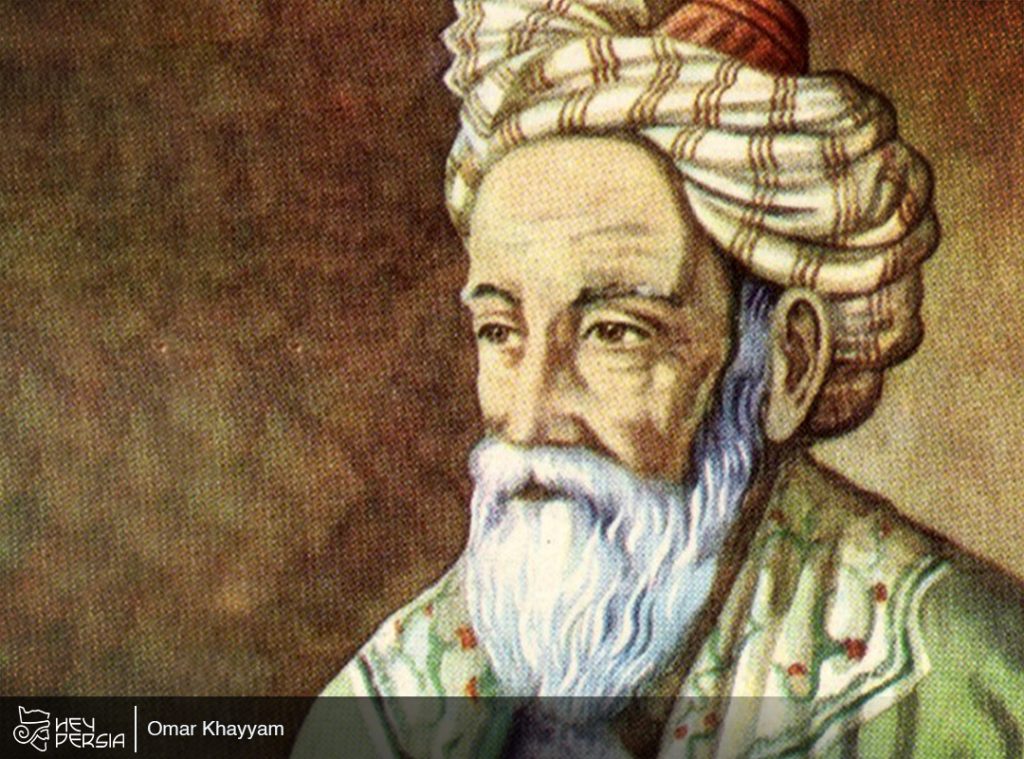
Astronomical Contributions
In addition to his mathematical pursuits, Khayyam made important contributions to astronomy. He developed a new calendar, known as the Jalali calendar, which was more accurate than the existing Islamic calendar. His work in astronomy also included studies on the movement of celestial bodies and the measurement of the Earth’s axial tilt.
Literary Legacy
Khayyam’s fame also extends to his poetry, particularly his Rubaiyat, a collection of quatrains. It explores themes of love, philosophy, and the transient nature of life. While he was primarily known as a scientist during his lifetime, his poetry gained widespread recognition centuries later, especially in the English-speaking world.
Al-Farabi of the Persian Scientists
Abu Nasr Al-Farabi, commonly known as Al-Farabi, was born in 872 CE in Farab, a city in present-day Kazakhstan. He was a philosopher, scientist, and musician who made significant contributions to various fields, including philosophy, political science, music theory, and logic.
Philosophical Contributions
Al-Farabi’s philosophical works were influenced by the teachings of Aristotle and Plato, as well as Islamic theology. He wrote extensively on topics such as metaphysics, ethics, and political philosophy. One of his notable works is “The Book of Letters,” which discusses the relationship between philosophy and religion.
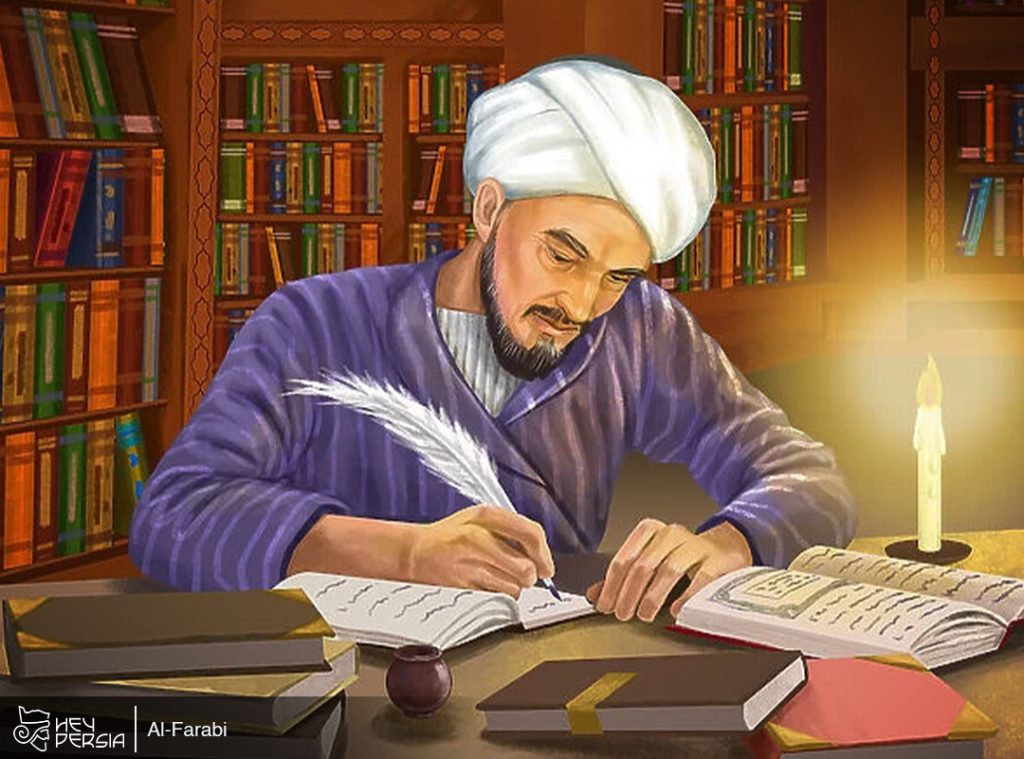
Political Theory
Al-Farabi is often regarded as one of the earliest political theorists in the Islamic world. He proposed the idea of an ideal state governed by a philosopher-king, drawing parallels to Plato’s concept of the philosopher-king in “The Republic.” His ideas on governance and the role of the state influenced later political philosophers in both the Islamic and Western traditions.
Musical Theory
In addition to his philosophical and political works, Al-Farabi made significant contributions to music theory. He wrote a treatise titled “Kitab al-Musiqa al-Kabir” (The Great Book of Music), which explored various aspects of music including rhythm, melody, and musical instruments. His work laid the foundation for the development of music theory in the Islamic world.
Legacy and Impact
Both Omar Khayyam and Al-Farabi left a lasting legacy in their respective fields and beyond. Their works not only contributed to the advancement of knowledge during their time but also influenced later generations of scholars and thinkers.
Scientific and Intellectual Influence
Khayyam’s contributions to mathematics and astronomy had a profound impact on subsequent developments in these fields. His solution to cubic equations and his work on the Jalali calendar were particularly influential. Similarly, Al-Farabi’s philosophical and political theories continue to be studied and debated by scholars around the world.
Cultural and Literary Influence
In addition to their scientific and philosophical contributions, both Khayyam and Al-Farabi contributed to the cultural and literary heritage of the Islamic world. Khayyam’s Rubaiyat remains a classic work of Persian poetry, while Al-Farabi’s writings on music and philosophy are still studied for their insights into these subjects.
The Persian Scientists
Omar Khayyam and Al-Farabi were two remarkable Persian scientists who made significant contributions to various fields during the Islamic Golden Age. Their works in mathematics, astronomy, philosophy, and music theory not only advanced knowledge in their respective disciplines but also left a lasting impact on subsequent generations of scholars and thinkers. Through their intellectual pursuits, they helped shape the scientific and cultural landscape of their time and continue to inspire and influence people today.

